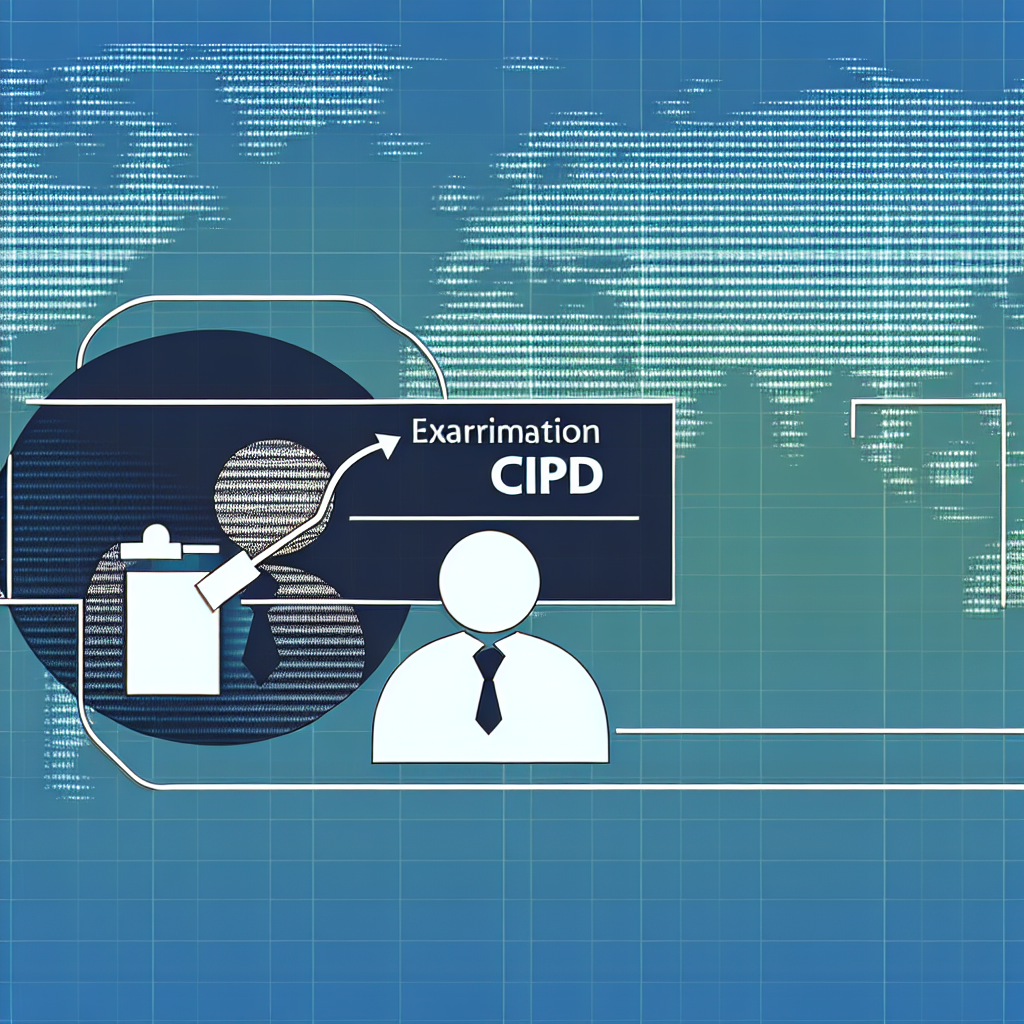
In today’s fast-paced world, human resource professionals are increasingly recognising the importance of gaining reputable qualifications. The Chartered Institute of Personnel and Development (CIPD) has garnered considerable attention for its comprehensive qualifications that encompass a wide range of HR disciplines. Understanding the assessments involved in these qualifications is crucial for aspiring and established HR practitioners. This article delves into the significance of these assessments, current trends in the CIPD learning environment, and the various benefits that qualification holders can enjoy.
Significance of Assessments in CIPD Qualifications
The assessments associated with CIPD qualifications serve as the cornerstone for developing proficient HR professionals. They aim to evaluate the knowledge, understanding, and practical skills required in the workforce.
Foundation Certificate (Level 3)
The CIPD Foundation Certificate in People Practice is a starting point for many entering the HR field. This Level 3 qualification includes various assessments, notably written exams and practical assignments. Such assessments enable candidates to solidify their understanding of key HR principles, ensuring they are equipped to manage essential HR tasks effectively.
Higher Levels (Level 5 and 7)
As candidates advance to higher qualifications, such as the Associate Diploma in People Management (Level 5) and the Advanced Diploma (Level 7), the assessments become increasingly rigorous. For example, the Advanced Diploma not only employs written exams but also includes case studies and a dissertation. These formats assess a candidate’s strategic thinking and ability to navigate complex HR challenges, a vital competency in senior HR roles.
Current Trends in CIPD Qualifications
The world of HR education is evolving, and CIPD qualifications are no exception. The following trends are shaping how assessments are integrated into the learning experience:
Blended Learning Approaches
One of the noteworthy trends is the adoption of blended learning methods that incorporate both online and face-to-face study options. This flexibility allows candidates to engage with various assessment formats, from online exams to reflective journals. Such a range of methods makes it easier for learners to showcase their skills and knowledge effectively.
International Recognition
Another significant trend is the global acknowledgment of CIPD qualifications. As organisations increasingly operate on an international scale, having a CIPD qualification can provide a competitive advantage. The recognition of these qualifications underlines the high standards set by the CIPD Profession Map, which outlines competencies for successful HR practices across regions.
Key Benefits of CIPD Qualifications
Completing a CIPD qualification offers multiple advantages that can significantly enhance an HR professional’s career trajectory:
Enhanced Professional Credibility
- The assessments incorporated into CIPD qualifications bolster professional credibility.
- Gaining these qualifications signifies a commitment to ongoing professional development and ethical standards, leading to instant recognition among employers and peers.
Practical Skills Development
- CIPD assessments have a strong practical focus, equipping candidates with vital skills necessary for real-world HR situations.
- This hands-on learning includes case studies and simulations that refine abilities in areas such as employee relations, talent management, and strategic HR planning.
Networking Opportunities
- Being part of the CIPD community opens doors to an extensive network of HR professionals, mentors, and industry authorities.
- This networking platform provides excellent opportunities for sharing knowledge and collaboration, which can be beneficial for professional growth.
Career Advancement and Earning Potential
- CIPD qualifications are associated with notable career advancement and higher salary potential.
- Research reveals that 75% of HR professionals find significant career progression after obtaining their CIPD qualification, enhancing their earning potential in the process.
Conclusion
CIPD qualifications stand out for their thorough assessments that not only evaluate knowledge but also encompass practical skills needed for the evolving landscape of HR. As the HR field progresses, staying updated with educational trends and recognising the importance of quality qualifications will play a pivotal role in shaping successful careers for HR professionals.
To read more about the benefits and specifics of the various CIPD qualifications, take a look at sources like Bayzat, MOL Learn, and the CIPD Website.
By investing in CIPD qualifications, HR professionals are not just elevating their careers; they are also contributing to the development of the HR field as a whole. This, ultimately, is a step forward in fostering a more competent workforce that can efficiently meet the challenges of the future.
Vadim Kouznetsov is a distinguished entrepreneur and the visionary founder and CEO of JobXDubai.com, the UAE’s rapidly expanding job board. Renowned for his expertise in bridging the gap between job seekers and employment opportunities, Vadim has become a leading authority in the recruitment and job market of Dubai.
